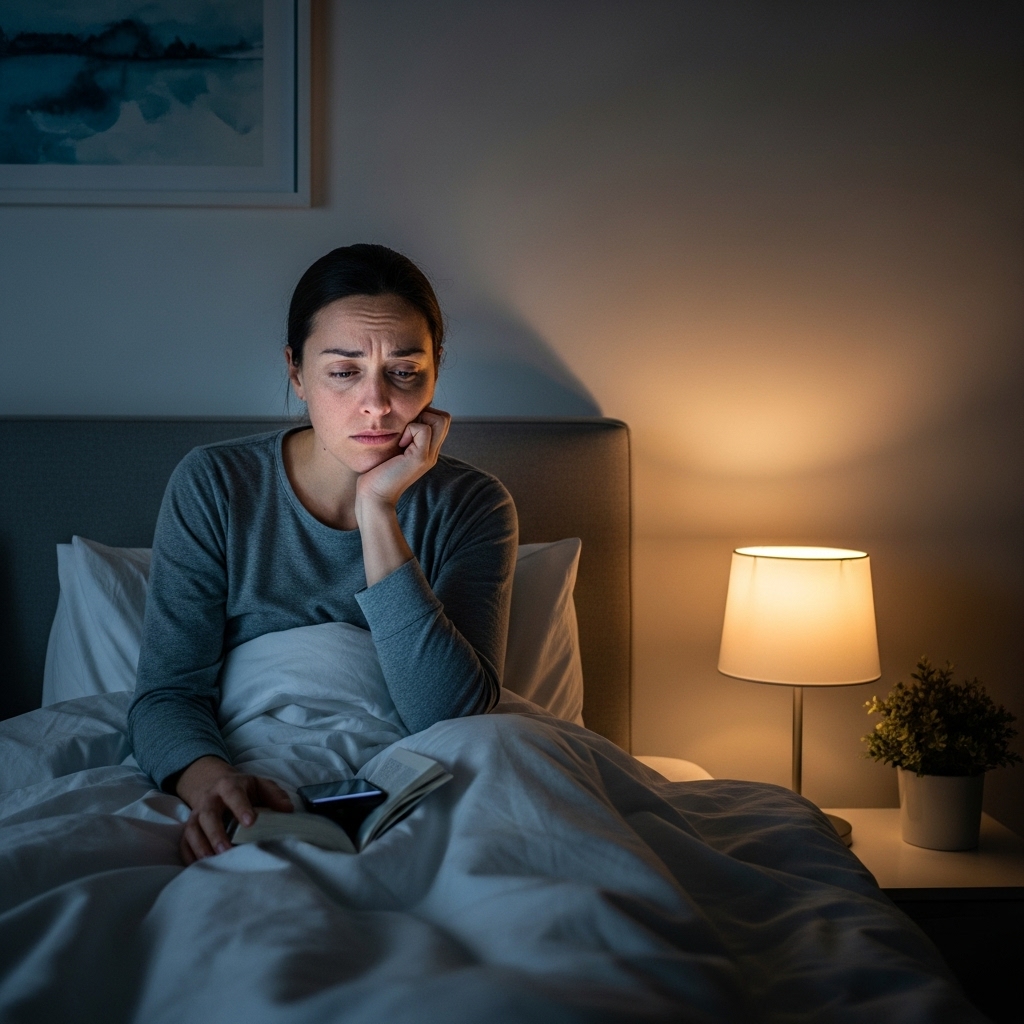Insomnia is a common sleep disorder that affects many adults worldwide. It involves difficulty falling asleep, staying asleep, or waking up too early and not being able to go back to sleep. Chronic insomnia can significantly impact your quality of life, affecting your mood, energy levels, and overall health. In this article, we will explore the causes of insomnia in adults and discuss evidence-based solutions to help you achieve better sleep.
What Causes Insomnia?
Insomnia can stem from a variety of causes, ranging from lifestyle choices to medical conditions. Understanding the underlying factors can help in managing and treating this condition effectively.
Lifestyle and Environmental Factors
Your daily habits and environment can have a significant impact on your sleep quality.
- Irregular Sleep Schedule: Going to bed and waking up at different times each day can disrupt your body’s internal clock, leading to sleep issues.
- Diet and Caffeine: Consuming caffeine or heavy meals close to bedtime can interfere with your ability to fall asleep.
- Screen Time: The blue light emitted by phones, tablets, and computers can suppress melatonin production, making it difficult to fall asleep.
Psychological and Emotional Factors

Stress, anxiety, and depression are major contributors to insomnia. These conditions can create a cycle of worry and sleeplessness, making it hard to break free from insomnia.
Medical Conditions and Medications
Certain medical conditions like arthritis, asthma, or heart disease can cause discomfort or pain, making it difficult to sleep. Additionally, some medications have side effects that can disrupt sleep patterns.
Evidence-Based Solutions for Insomnia
Addressing insomnia often requires a multi-faceted approach. Here are some evidence-based strategies to help manage and treat insomnia.
Cognitive Behavioral Therapy for Insomnia (CBT-I)
CBT-I is considered one of the most effective treatments for chronic insomnia. It involves working with a therapist to change thoughts and behaviors that negatively affect your sleep. This therapy can help you develop a healthier sleep pattern by addressing the underlying causes of insomnia.
Sleep Hygiene Practices
Improving your sleep hygiene can have a significant impact on your sleep quality. Here are some tips:
- Establish a Routine: Go to bed and wake up at the same time every day, even on weekends.
- Create a Sleep-Conducive Environment: Keep your bedroom cool, dark, and quiet. Consider using blackout curtains and a white noise machine if necessary.
- Limit Naps: While a short nap can be refreshing, long or late-day naps can interfere with nighttime sleep.
Sleep Therapy Options
There are various therapy options available that can help improve sleep quality:
- Relaxation Techniques: Practices like meditation, deep breathing, and progressive muscle relaxation can reduce stress and promote relaxation.
- Light Therapy: Exposure to bright light during the day can help regulate your sleep-wake cycle, especially if you have trouble waking up in the morning.
Insomnia Remedies and Medications
In some cases, over-the-counter sleep aids or prescription medications might be necessary. However, they should be used under the guidance of a healthcare provider, as they can have side effects and are not suitable for long-term use.
Sleep Improvement Strategies
In addition to the above solutions, consider incorporating these strategies into your routine to enhance your sleep quality:
- Regular Exercise: Engage in physical activity during the day, but avoid vigorous exercise close to bedtime.
- Mindful Eating: Avoid heavy or spicy foods before bed. Opt for a light snack if you’re hungry.
- Limit Alcohol and Nicotine: Both substances can interfere with sleep. Try to avoid them, especially in the hours leading up to bedtime.
When to Seek Professional Help
If your insomnia persists despite trying these strategies, it may be time to seek professional help. A healthcare provider can help identify any underlying medical conditions or refer you to a sleep specialist for further evaluation and treatment.
Conclusion
Insomnia can be a challenging condition to manage, but understanding its causes and exploring evidence-based solutions can lead to significant improvements in sleep quality. By making lifestyle changes, practicing good sleep hygiene, and seeking professional help when necessary, you can overcome insomnia and enjoy restful, restorative sleep.
Remember, achieving better sleep takes time and patience, but with the right approach, it is entirely possible. Prioritize your sleep health and take the necessary steps to improve your quality of life.








